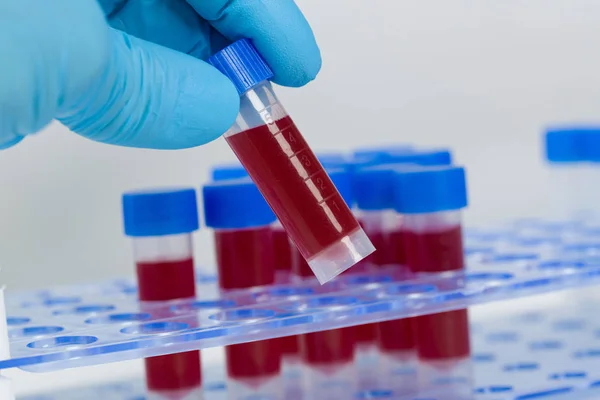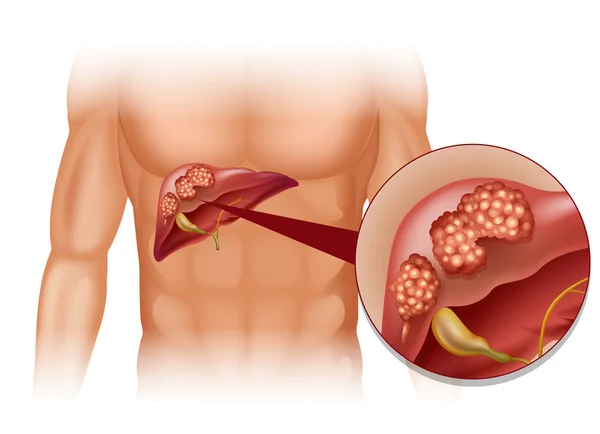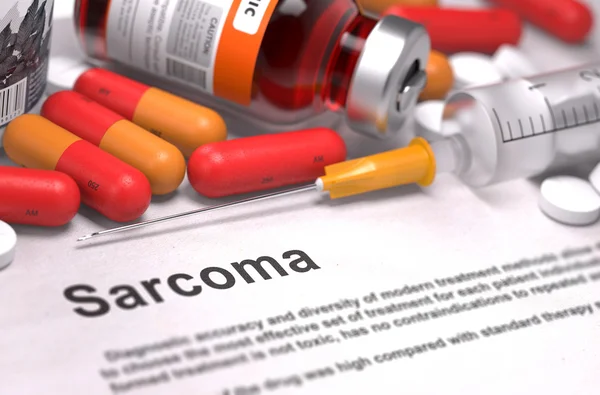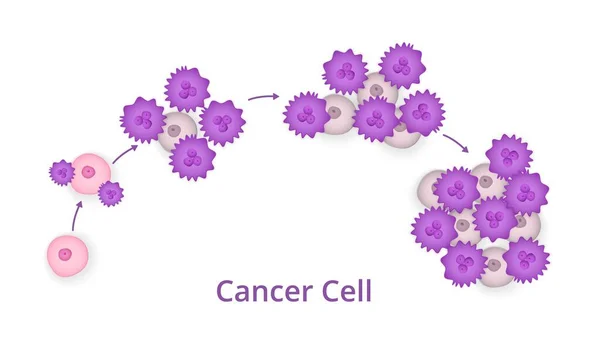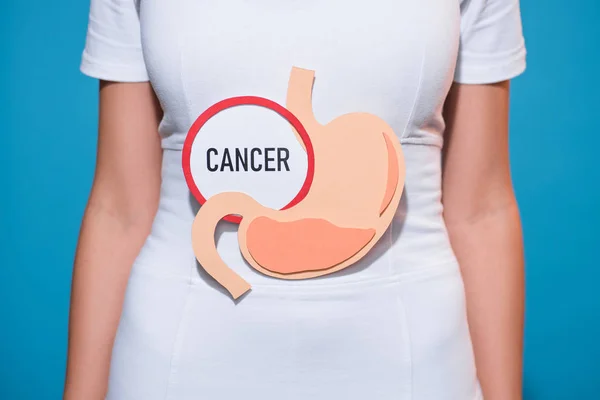
Gastric or stomach cancer arises from uncontrolled growth of cells within the stomach. It can develop in any region of the stomach, but in the U.S., it most frequently occurs at the gastroesophageal junction, the area where the stomach meets the esophagus. In regions where stomach cancer is more prevalent, such as East Asia, it usually originates in the body of the stomach itself.
About 95% of stomach cancers develop from the stomach lining (adenocarcinomas) and tend to progress slowly. If left untreated, tumors can invade deeper layers of the stomach and metastasize to nearby organs, including the liver and pancreas.
Epidemiology of Stomach Cancer
Globally, stomach cancer is one of the most common cancers, yet it accounts for only about 1.5% of annual cancer diagnoses in the U.S. Cases have been steadily declining over the past decade due to improved dietary and lifestyle factors among the population.
Who is at Risk for Stomach Cancer?
While anyone can be diagnosed with stomach cancer, several demographic factors can increase risk.
- Age: Individuals aged 65 and older are at greater risk.
- Gender: Males are more likely to develop stomach cancer than females.
- Ethnicity: Higher incidence rates are observed in individuals of East Asian, South or Central American, and Eastern European descent.
Common Symptoms of Stomach Cancer
Stomach cancer is often asymptomatic in its early stages, leading to difficulties in timely diagnosis. Typical symptoms, which may not appear until the cancer is advanced, include:
- Loss of appetite
- Difficulty swallowing
- Persistent fatigue and weakness
- Nausea and vomiting
- Unexplained weight loss
- Symptoms resembling indigestion or heartburn
- Melena (black, tarry stools) or hematemesis (vomiting of blood)
- Abdominal bloating or discomfort, especially post-meal
- Early satiety (feeling full after consuming a small amount of food)
Due to the overlapping nature of these symptoms with other gastrointestinal disorders, it is crucial to consult a healthcare provider to determine if they are indicative of stomach cancer.
Prevention Strategies
While it is not possible to completely prevent stomach cancer, several strategies can help reduce the risk:
- Treat any diagnosed Helicobacter pylori Infection: This bacterium is a significant risk factor for stomach cancer.
- Manage Gastric Conditions: Swift treatment of gastritis, ulcers, and other gastrointestinal issues can lower risk of stomach cancer.
- Develop a Healthy Diet: A diet rich in fruits and vegetables, and low in salts, processed meats, and smoking, has been associated with lower stomach cancer risk. Foods high in antioxidants, such as vitamin C and beta-carotene, are particularly beneficial.
- Avoid Tobacco and Limit Alcohol: Both smoking and excessive alcohol intake are linked to an increased risk of stomach cancer.
- Maintain a Healthy Weight: Obesity is a known risk factor for various cancers, including gastric cancer.
By addressing these modifiable risk factors and remaining vigilant about gastrointestinal health, individuals can take proactive steps toward reducing their risk of developing stomach cancer. If you are at higher risk or experiencing concerning symptoms, discuss appropriate screening and surveillance options with your healthcare provider.
Diagnosis of Stomach Cancer
Diagnosis typically begins with a thorough medical history review and a physical examination, where the healthcare provider may probe (palpate) for unusual masses in the abdomen. A series of diagnostic tests are employed to confirm the presence of stomach cancer and assess its stage:
- Upper Endoscopy: This procedure involves inserting a thin, flexible tube equipped with a camera (endoscope) into the esophagus and stomach to visualize and possibly biopsy suspicious areas.
- Endoscopic Ultrasound (EUS): This variation of endoscopy uses ultrasound technology to assess the extent of the cancer by providing detailed images of the stomach walls and surrounding tissues.
- Imaging Tests: Radiologic studies, including CT scans, MRIs, and PET scans, help visualize the tumor and evaluate for metastasis. A barium swallow study may also be conducted to enhance X-ray imaging of the stomach.
- Biopsy: Tissue samples obtained during endoscopy are analyzed for cancer cells, providing critical information on tumor characteristics.
- Staging: Stomach cancer is staged from 0 (confined to the stomach lining) to IV (spread to distant organs) based on the extent of invasion and metastasis.
Treatment Options for Stomach Cancer
Management of stomach cancer is dependent on the disease’s stage, the patient’s health status, and treatment preferences. A multidisciplinary team, including oncologists and gastrointestinal specialists, usually guides treatment decisions.
Surgical Options
- Endoscopic Procedures: In early-stage cancers confined to the mucosa, endoscopic techniques can remove tumors.
- Gastrectomy: More advanced cancers may require partial (subtotal gastrectomy) or complete (total gastrectomy) removal of the stomach, with reconnection to the small intestine.
Additional Treatments
- Chemotherapy: Often utilized either preoperatively to shrink tumors or postoperatively to kill remaining cancer cells. Chemotherapy regimens may be combined with radiation therapy.
- Radiation Therapy: Although not as effective on its own, radiation is typically administered alongside chemotherapy for localized treatment or symptom relief.
- Targeted Therapy: This approach targets specific molecular pathways involved in cancer growth and is often used for recurrent or advanced disease.
- Immunotherapy: Aimed at enhancing the immune system’s ability to identify and eradicate cancer cells, this treatment is used primarily for advanced gastric cancer.
- Palliative Care: Focuses on improving the quality of life for patients with cancer by alleviating symptoms and providing supportive care.
Survival Rates
Survival rates for stomach cancer are heavily influenced by the stage at diagnosis and other health factors, including age and overall well-being. For localized stomach cancer, where the disease is confined to the stomach lining, the five-year survival rate is approximately 70%. When the cancer has spread to nearby lymph nodes, the survival rate declines to around 32%. If the cancer has metastasized to distant parts of the body, the five-year survival rate drops further to approximately 6%. Vigilance and apt judgment are crucial, as early detection and prompt treatment can greatly improve recovery outcomes for stomach cancer patients.

